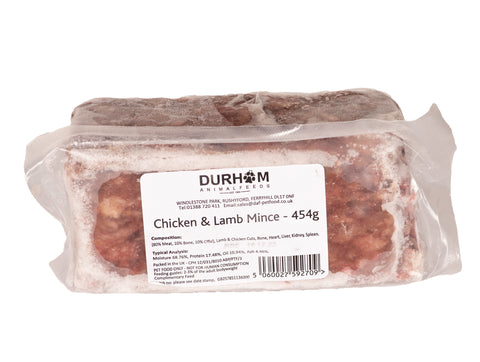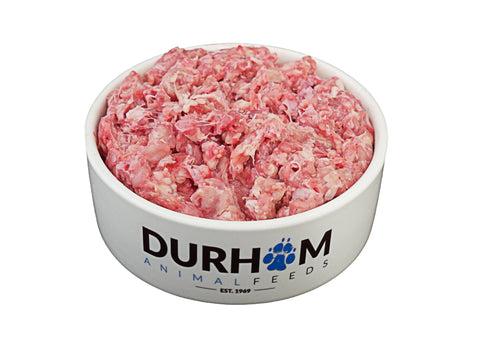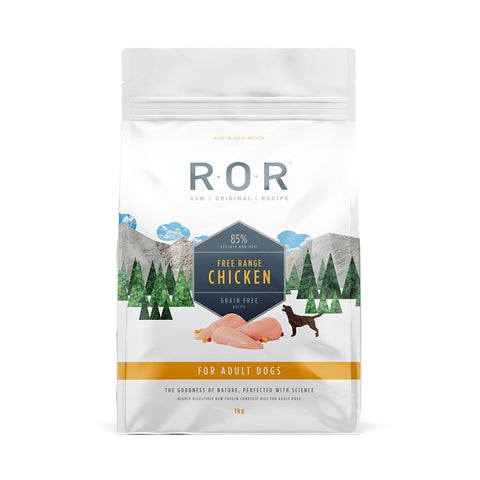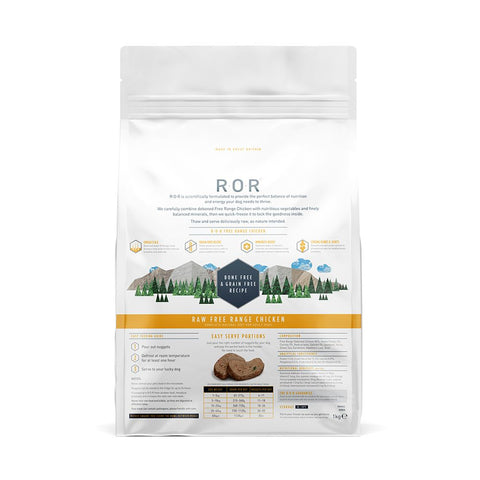Guide To Caring For Fancy Mice

Mice are social animals and it is best to keep them in single-sex pairs or small groups. Fancy mice have been selectively bred for generations to produce exotic strains of coat colour, type, and length. Over fifty colours are available but the white mouse still remains a favourite.
Shopping List
Cage
Nest box
Solid exercise wheel
Dust-free floor cover
Bedding
Mouse food
Mineral block
Food bowl
Water bottle and bottle brush
Toys
Treats
Pet-safe disinfectant
Odour control spray
Book on fancy mouse care
General Care
Mice normally stay healthy throughout their lives, but they can suffer from sneezing and breathing problems. Be sure to use appropriate dust-free bedding in the cage to help prevent these problems occurring. If sneezing and breathing problems persist, seek the attention of a vet.
Your mouses teeth constantly grow and need to be worn down.
You can help them do this by providing them with a mineral block or wooden chews. Overgrown teeth will result in weight loss and must be treated by clipping by a vet.
If you are concerned about your pets health seek veterinary advice. It is recommended to find a vet that has experience with mice.
Choosing Your Mice
There are many colours available such as agouti, black and tan and white-rumped. Whichever variety you decide on, your mice should be at least four weeks old before you take them home.
A healthy mouse should be:
Bright and alert
Have no signs of discharge from eye, ears, mouth, and nose
Have a clean anal area
Have a glossy coat with no bald patches and no have sores on the skin
Should have no signs of breathing problems
Should move around the cage easily with no stiffness or staggering
Shouldn’t feel too skinny or bony
Housing
A plastic cage with a removable base tray is ideal for keeping mice. The cage should be escape-proof but well ventilated. Beware of large gaps between bars as juvenile mice may be able to escape through
them. A glass aquarium is also suitable provided it has a secure, well-ventilated lid.
Fancy mice are indoor pets so they should be kept in an even temperature, ideally between 15C and 27C.
You should avoid putting the cage in draughts, direct sunlight or in damp or humid conditions. The cage should be furnished with a nest box, ladders or climbing frames and hiding places to keep your pets entertained and exercised.
Mice are inquisitive and active, therefore they should be provided with as much stimulation as possible. Their cage should include a solid exercise wheel and a selection of toys to avoid boredom.
The floor should be covered with a layer of shavings and suitable bedding provided in the nest box. You can also place small tubes inside the cage to offer your mice a safe place to hide.
Soiled litter and food needs be removed daily. Once a week the cage should be thoroughly cleaned out, disinfected with a pet-safe disinfectant, and litter and bedding replaced.
Mice can leave an odour and there are a number of products available to help to absorb this – your pet shop can advise on a suitable product.
Food And Water
Mice are omnivores and so will enjoy a varied diet. A complete mix suitable for mice should be the basis of the diet and should be available from your local pet store. This can be supplemented with small amounts of fruit and vegetables as treats. Check daily for uneaten fresh food and remove it to prevent it rotting inside the cage.
Most mice will enjoy a mineral block, which should be available for their use. This will also help to keep their teeth at a healthy length. Food bowls should be sturdy, gnaw-proof, easily disinfected and will need cleaning daily.
Do not feed your mice cheese as it can upset your pet’s stomach.
Fresh drinking water should always be available for your pets. It should be provided by a gravity-fed water bottle suitable for your chosen cage.
Handling
Handling your mice often will help them build up a relationship with you.
Some mice can become very tame with regular handling but always concentrate when holding your mice as they’re notoriously quick and can slip out of your hands.
When you first take your mice home allow them 24 hours to get used to their new environment. Allow your pets to sniff your hands before handling them; this will get them used to your smell.
Gently but firmly hold the base of the tail between the thumb and forefinger and lift your mouse into your cupped hand, but remember – never pick your mice up by the end of their tails. A hollow tube can also be used to scoop up the mouse until confidence is gained.
The Animal Welfare Act 2006 means all pet owners have a legal duty of care to their pets. Anyone who is cruel to an animal or is found not to be providing the five animal welfare needs, as listed below, can be
fined and sent to prison.
The Five Animal Welfare needs:
1. Environment: Pets should be given the correct housing according to its size, this includes shelter, space to exercise and a secure, comfortable place to rest.
2. Diet: Pets should be offered the correct type and volume of food to cover all their nutritional needs alongside access to clean, fresh water.
3. Behaviour: All pets should be allowed to exhibit normal behaviour patterns and should be provided with the facilities to do so.
4. Company: Some animals require the company of their own kind, whilst others should be kept on their own.
5. Health: All animals should be protected from pain, suffering, injury, and disease, and given veterinary treatment if they become sick or injured.
Credit to The Pet Charity www.thepetcharity.org.uk
Registered Charity No: 1052488










